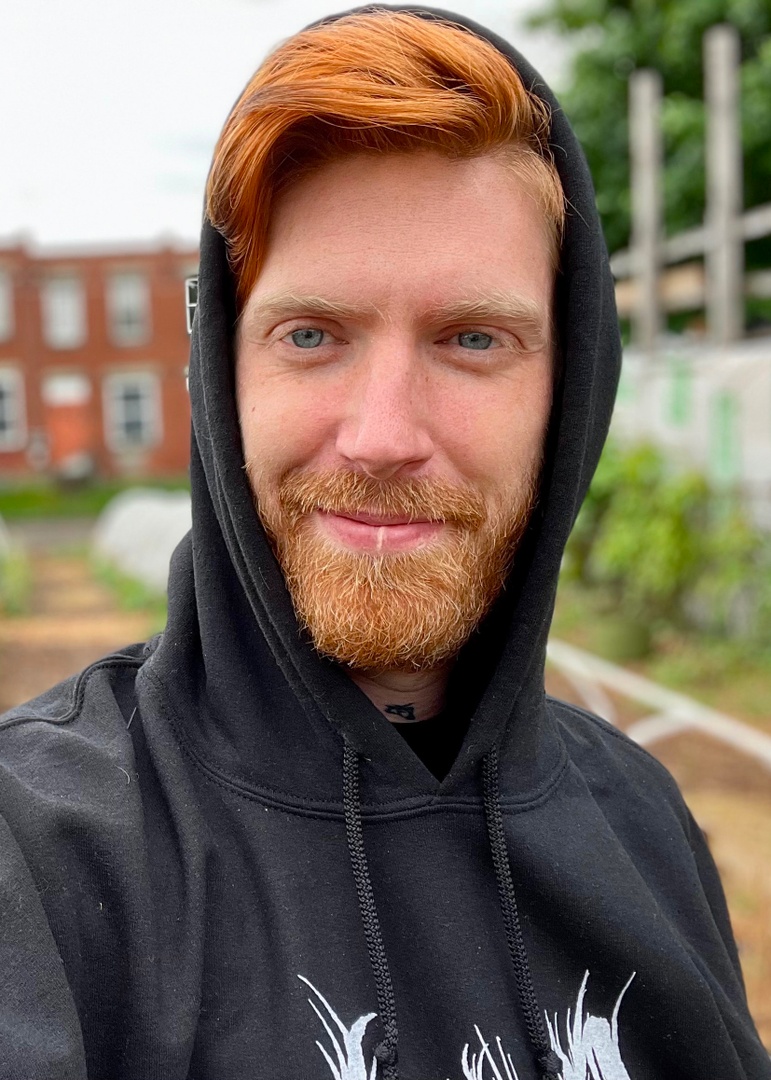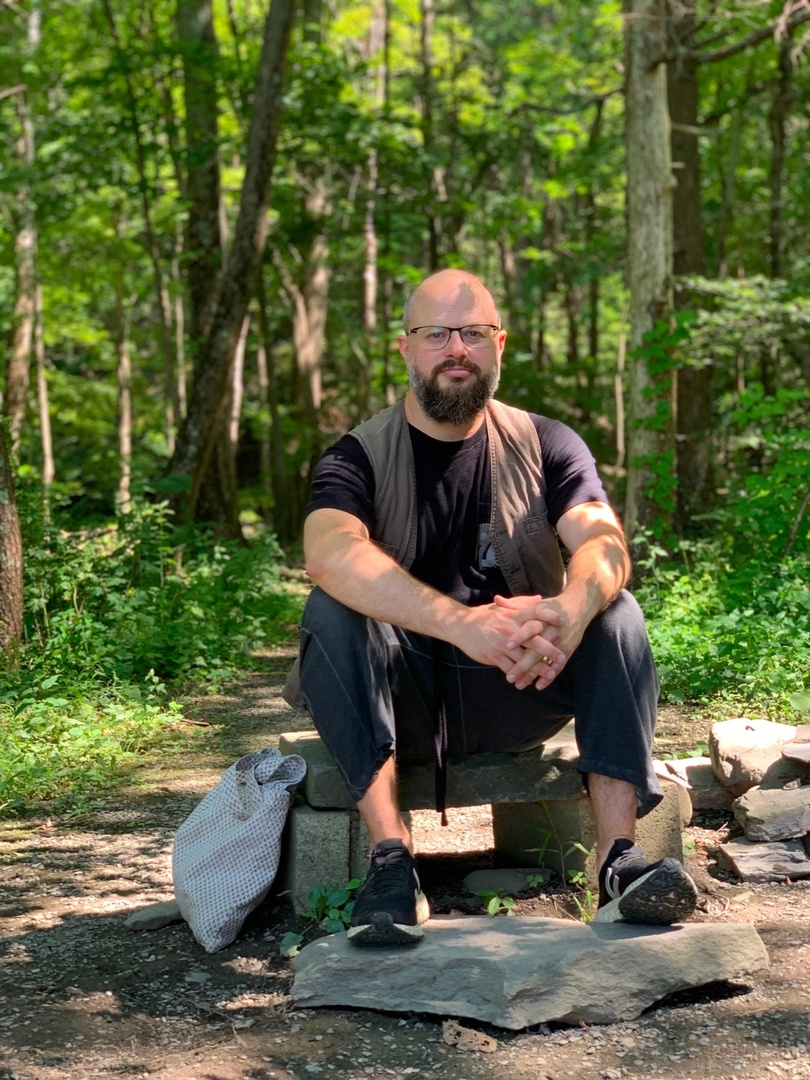Begin the journey now
Join us for a course to support you in creating a grounded relationship with time.
What is a sacred calendar at the end of the world?
Many of our ancestors lived within a sacred cadence of time, marking their lives according to the stages of the moon, sun, and seasons. But this relationship to time has fragmented, leaving entire societies without a way to orient themselves across change and aging. So many are now seeking a regenerative, nourishing relationship with time inspired by the past. But we can’t look to the past alone to guide us. Our planet is not what it was and the seasonal landmarks by which we measure time are mutating. We are called into new patterns.
Our journey together is an experiment: a traveling-in-community. We’re looking to rekindle a sacred relationship to time within the world as it is, not a fantasy of a lost past.
How can we love our time?
You are welcome to come and go in whatever seasons work well for you...
Our journey offers you 8 phases spread spaciously across the year. Each phase includes:
- Teachings and community contemplation
- A ritual on the solar day
- A council and care session
All sessions will be recorded and available for you to enjoy on your own time and at your own pace. This is a pressure-free course.
Click here to preview our seasonal themes and guest teachers.
See our ritual calendar
See our contemplations and care sessions
About your hosts

Fitzhugh Shaw
grows food, creates rituals, meditates, makes art, and loves his kin. He's a descendent of Scottish and Chickasaw people.
practices at the intersections of ecopsychology, Buddhist meditation, philosophy, and political transformation. His ongoing appreciation for these practices join together in the Four Fields.

Reclaim a sacred cadence within catastrophe
Critically engaging issues of appropriation, colonization, and tradition, Adam Lobel and Fitzhugh Shaw are convening to go deeper into these questions and to learn together.
We will draw from contemporary critical theory alongside teachings from the land traditions of Europe, North America, and Central Asia. Exploring time in the Great Perfection (Dzogchen) and the Wheel of Time (Kalachakra) Tantra from Tibetan Buddhism expands our vision. For our seasonal calendar days, we will specifically draw from modern interpretations of Celtic traditions. Our rituals are inspired by our training in the Cleansing Offering (bsang) tradition from Indigenous Central Asia.
With a host of outrageous guest teachers (human and other-than-human), we will enjoy a feast of learning.
More on our theoretical framework
Join us for the journey
How are we thinking about payment for this journey?
We want to challenge our assumptions about the relationship between time, money, and value.
We trust that everyone wants to give. We trust that there will be an abundance of offerings, both monetary and otherwise.
Our aspiration is that we each complete the journey capable of living a sacred, regenerative relationship with time during the end of the world.
Some of us have been living in the end of the world as long as we’ve been living. Many others see this catastrophe in the future, on the horizon. But the coming catastrophe is connected to a history of colonialism and oppression. Inside of this chaos, upheaval, and alienation, how do we practice what is most basic—to recognize time as sacred? How do we stay in time, as our times spiral into chaos? How do we trouble time within troubled times?
This searching together prefigures the freed-time that we all need and deserve. The past has not passed yet: it is open for us to re-imagine, to spiral back through for reverence and sifting. The future is here for us to live now, to wind into and return from with lessons for being other-wise.